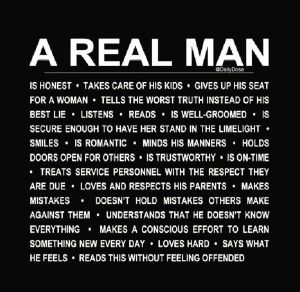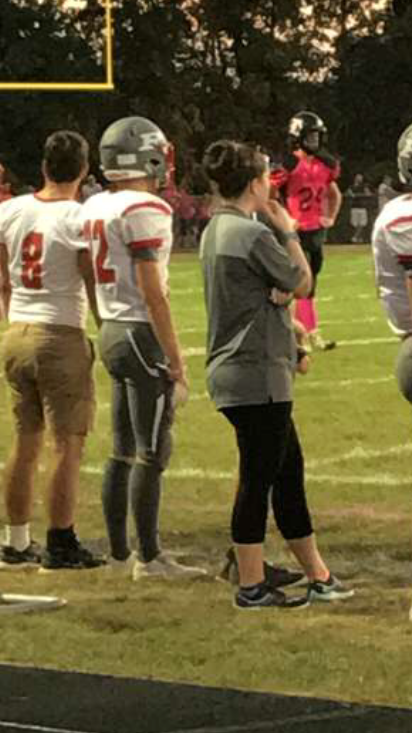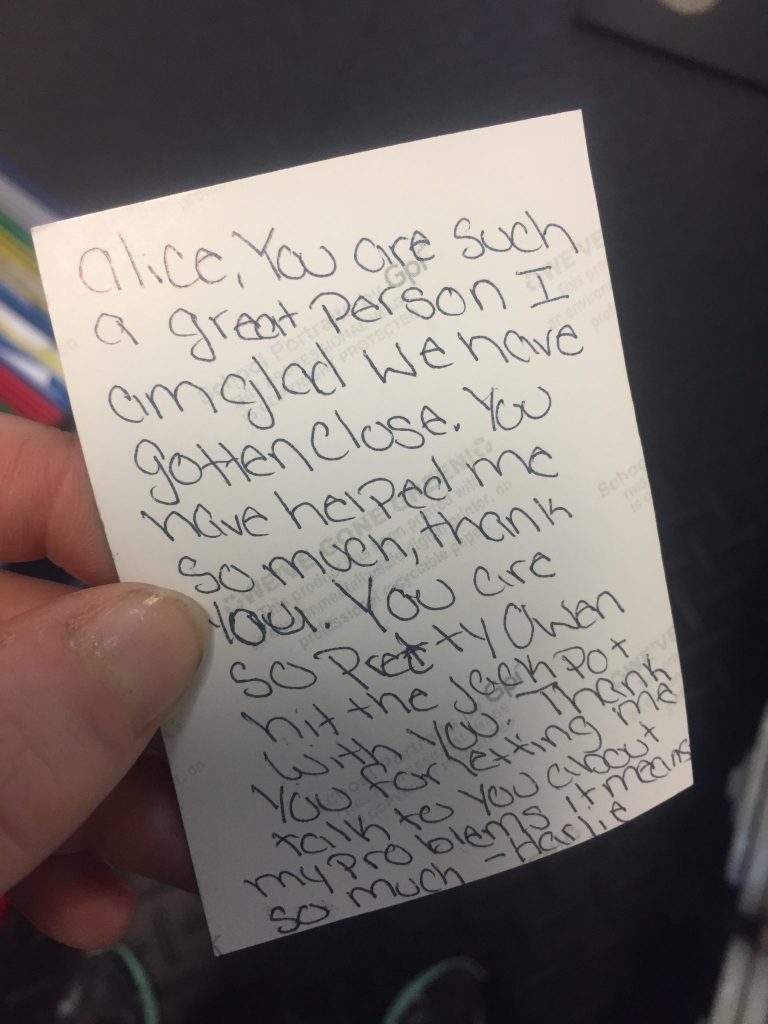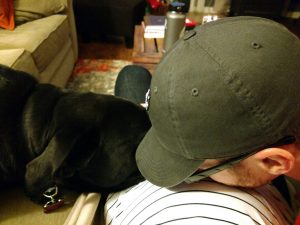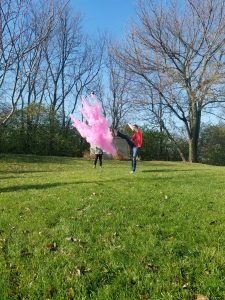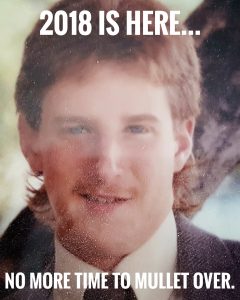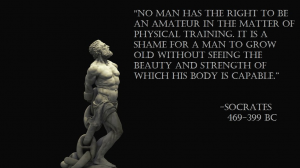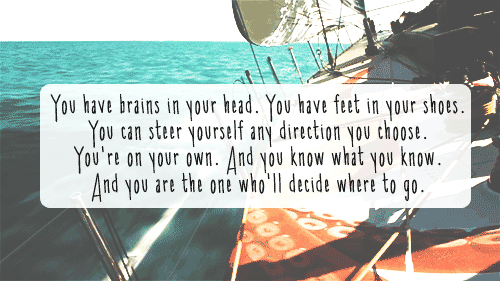ASF Family,
This has been a crazy few months and the rest of the year might be even crazier!
As you all know, Governor DeWine amended the shelter in place order allowing gyms to re-open under minimum operations, starting May 26. We are excited and of course cautious, and really appreciate your support while the gym was closed as we get closer to reopening.
In addition to this document, there be a video call to discuss our policies and procedures; it will be on May 21 at 7:00 pm. The link can be found here.
We understand that people are all over the map about coming back to train. Whatever decision you make, we will be there to coach you as much as we can!
There is no script or guidebook on how to do this the exact right way so expect some changes as we roll this out. The initial guidelines set forth by the state of Ohio will serve as a framework for our Policies and Procedures. We will also post several signs throughout the facility, reiterating what expectations will be for everyone.
The plan is to offer athlete training classes at 9:00; 11:00; 1:00 and 3:00 during the first week. Adult classes will be 6:00 am and 5:00 pm, for at least the first week to see how everything goes. After each session, there will be a thorough cleaning of the facility prior to the next class (hence the gap between sessions).
Weekend classes are also possible but we will have more details as the week plays out.
We will assess after each week on how to proceed with more sessions. Get ready for ASF 2.0!
Safety Measures:
- Classes will still be 60 minutes. Please arrive no earlier than five minutes before the start of the session. To start cleaning the equipment and facility promptly, we ask that you leave within 10 minutes after the end of your session.
- We feel confident that up to 16 people can be allowed in each class for the safety of everyone involved. Each person will be assigned a 6’ space. We will also make use of the back parking lot for certain activities to increase social distancing, if warranted.
- If you have any flu-like symptoms, have a temperature over 100, are coughing or not feeling well, please do not come to class. If you have been sick, with COVID-19 or any other illness, please do not attend for at least 14 days.
- We ask that everyone wash their hands as they come in, and wash their hands again prior to leaving.
- Avoid sharing equipment. You may also bring your own equipment to use in place of the equipment supplied at ASF.
- All workout stations and drill setups will be at least 6 feet apart. Weather permitting, we will be utilizing the outdoor space as much as possible.
- While we will be cleaning on a regular basis, you are encouraged to wipe down everything you use at the end of your session. If you feel more comfortable bringing your own cleaning solutions, feel free to use them.
- Face masks and gloves are recommended if you have them. Please be cognizant of a condition called hypercapnia, where carbon dioxide builds up in the bloodstream in conjunction with a decrease in oxygen. Self-monitor for mild symptoms such as flushed skin, drowsiness or inability to focus, mild headaches, feeling disoriented or dizzy, feeling short of breath, being abnormally tired or exhausted; more severe symptoms include unexplained feelings of confusion, abnormal feelings of paranoia or depression, abnormal muscle twitching, irregular heartbeat, hyperventilation, seizures, panic attack or passing out.
- Drinking fountains will be closed for use, except for emergencies; please bring your own water. Restrooms and showers will be available for normal operations.
- Entrance will be at the front door; exit will be out the back garage door(s) that are open to maximize social distancing and points of contact.
If you have rented or borrowed equipment and will be coming back to class, we will need all equipment returned as soon as possible. If you are NOT coming back during the week of May 26th, please make arrangements to drop off equipment.
There is always a chance that we may have to shut down again if the Governor deems it necessary based on hot spots, statewide orders or gyms are mandated as a sub-sector of business closures.
As of now, we are not planning on taking “reservations”. Since we have a large, open space, social distancing should not be a problem nor should overcrowding, especially with no overlapping classes. We will be taking attendance for each class for contact tracing purposes.
Much of this is common sense. If we are always aware of the potential problems, we can be part of the solution(s) as a team. Communication is more important than ever, between the coaches and you and among each other. We welcome your feedback on how to create a safe environment while still providing a fun, effective experience.
Thank you for your support once again during the last ten weeks. We can’t wait to see you and get back to having fun!!

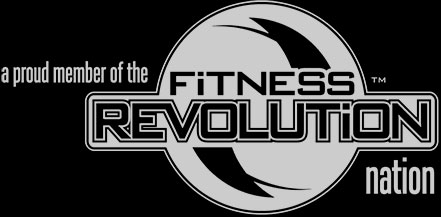
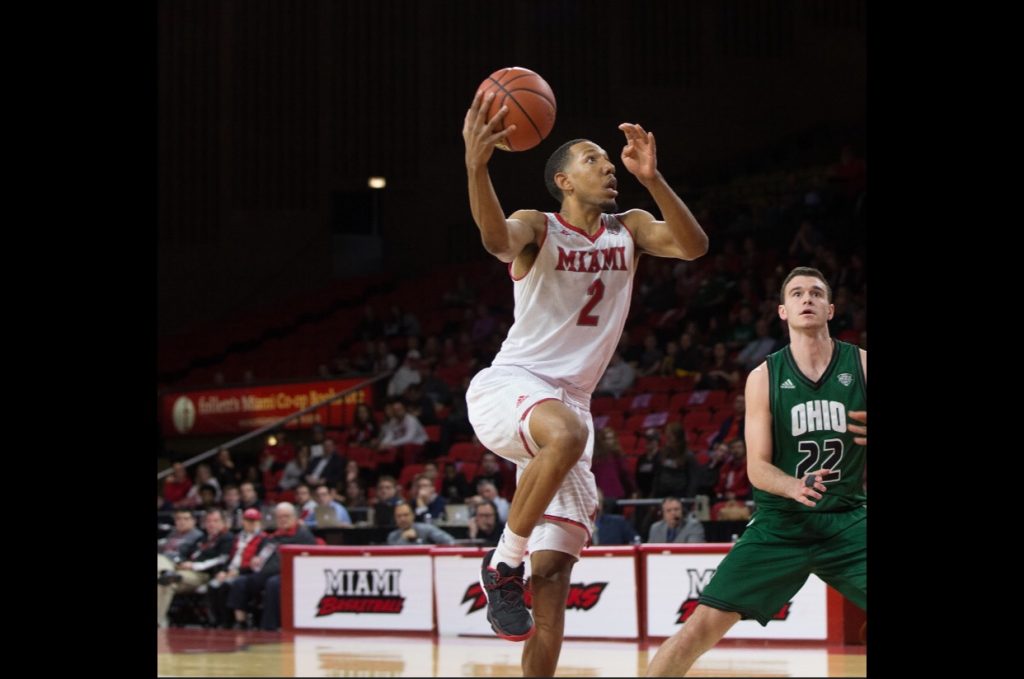 The biggest thing you have to realize is the time commitment that being a college athlete takes. During the season your schedule is so routine and almost every minute there is something that you have to do. You wake up and go to class, and then you have weights and practice, and then you have to eat and then go to study tables and by the time you get through with all that, it’s time to go to bed and do it all over again. And you are doing this for weeks and months at a time and it can be hard if you’re not used to it. You’re going to miss out on things and have to sacrifice because not only do you have to perform well in your sport, but you also have to perform well in the classroom. You still get to go out, hang with friends, but you’re not going to be doing it as much as a regular college student will be able to. You have to realize you are going to miss class due to traveling and at first you think that’s great because I don’t have to go to class. But it honestly hurts more than it helps because the material they cover in college moves so quick and it is easy to get behind because you have to push things back and the work just seems to pile up. But you will have help and teachers are understanding and at the end of the day, the people in college want to see you succeed and graduate.
The biggest thing you have to realize is the time commitment that being a college athlete takes. During the season your schedule is so routine and almost every minute there is something that you have to do. You wake up and go to class, and then you have weights and practice, and then you have to eat and then go to study tables and by the time you get through with all that, it’s time to go to bed and do it all over again. And you are doing this for weeks and months at a time and it can be hard if you’re not used to it. You’re going to miss out on things and have to sacrifice because not only do you have to perform well in your sport, but you also have to perform well in the classroom. You still get to go out, hang with friends, but you’re not going to be doing it as much as a regular college student will be able to. You have to realize you are going to miss class due to traveling and at first you think that’s great because I don’t have to go to class. But it honestly hurts more than it helps because the material they cover in college moves so quick and it is easy to get behind because you have to push things back and the work just seems to pile up. But you will have help and teachers are understanding and at the end of the day, the people in college want to see you succeed and graduate. 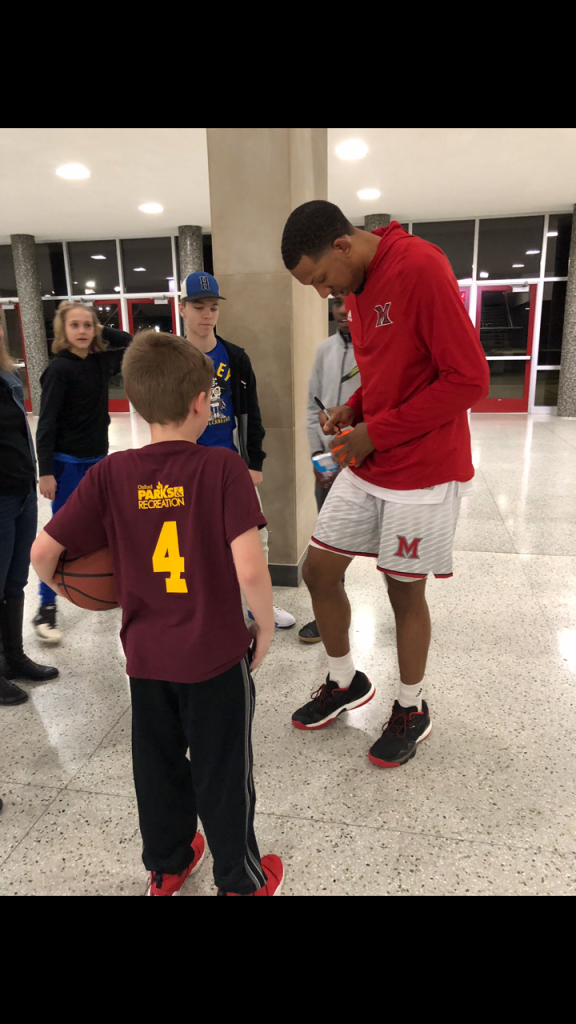 You also have a chance to travel the world and country. In college we played in Cancun, Jamaica, New York, Florida, Louisiana, North Carolina and a bunch of other places. I’ve seen things I wouldn’t have been able to if not for basketball! You get to stay in nice hotels, eat out, and there is nothing like getting victories on the road!
You also have a chance to travel the world and country. In college we played in Cancun, Jamaica, New York, Florida, Louisiana, North Carolina and a bunch of other places. I’ve seen things I wouldn’t have been able to if not for basketball! You get to stay in nice hotels, eat out, and there is nothing like getting victories on the road!
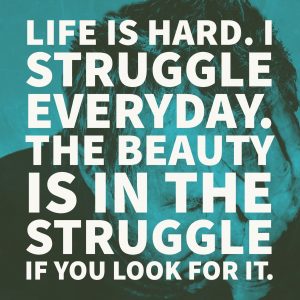
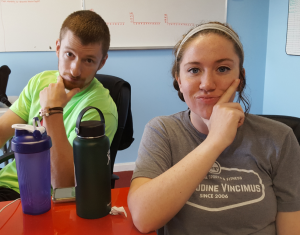
 Men we have a problem. The problem is us: men. We are responsible for most of what is wrong is this world. If you ask some people, we are responsible for everything that is wrong in the world. But we also hold the solution.
Men we have a problem. The problem is us: men. We are responsible for most of what is wrong is this world. If you ask some people, we are responsible for everything that is wrong in the world. But we also hold the solution.